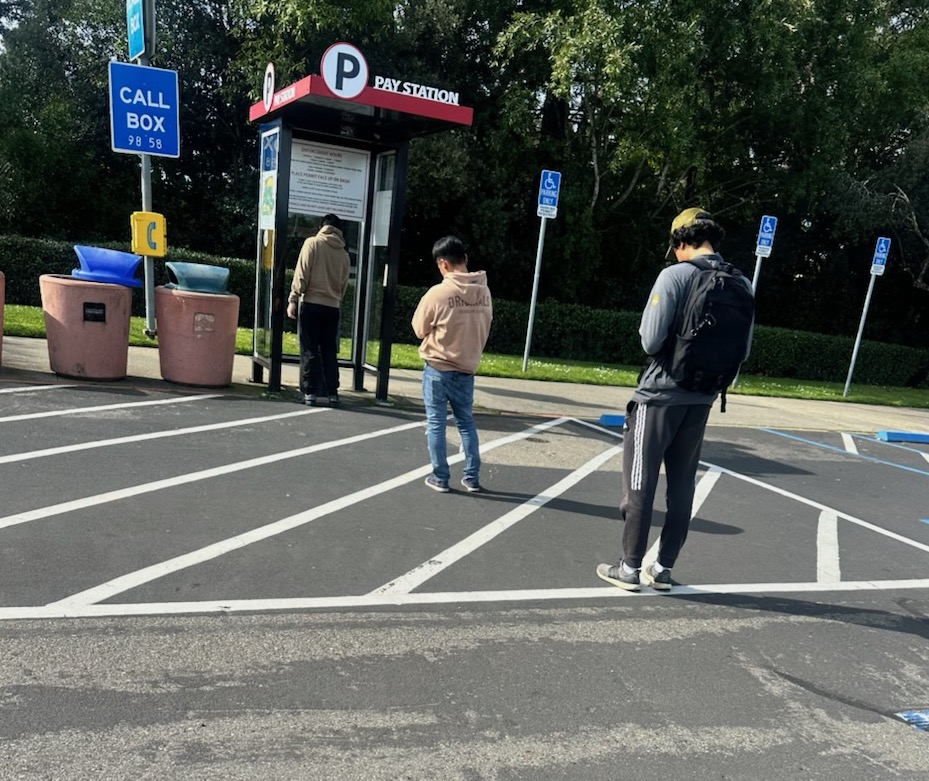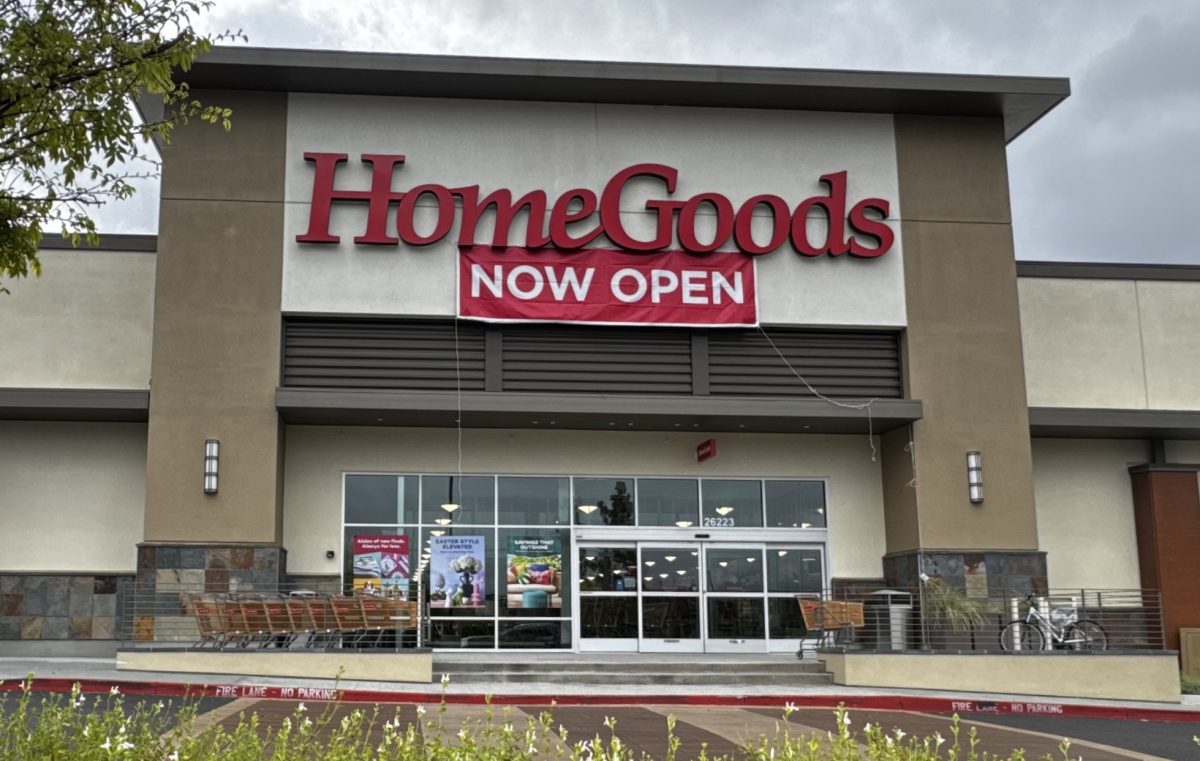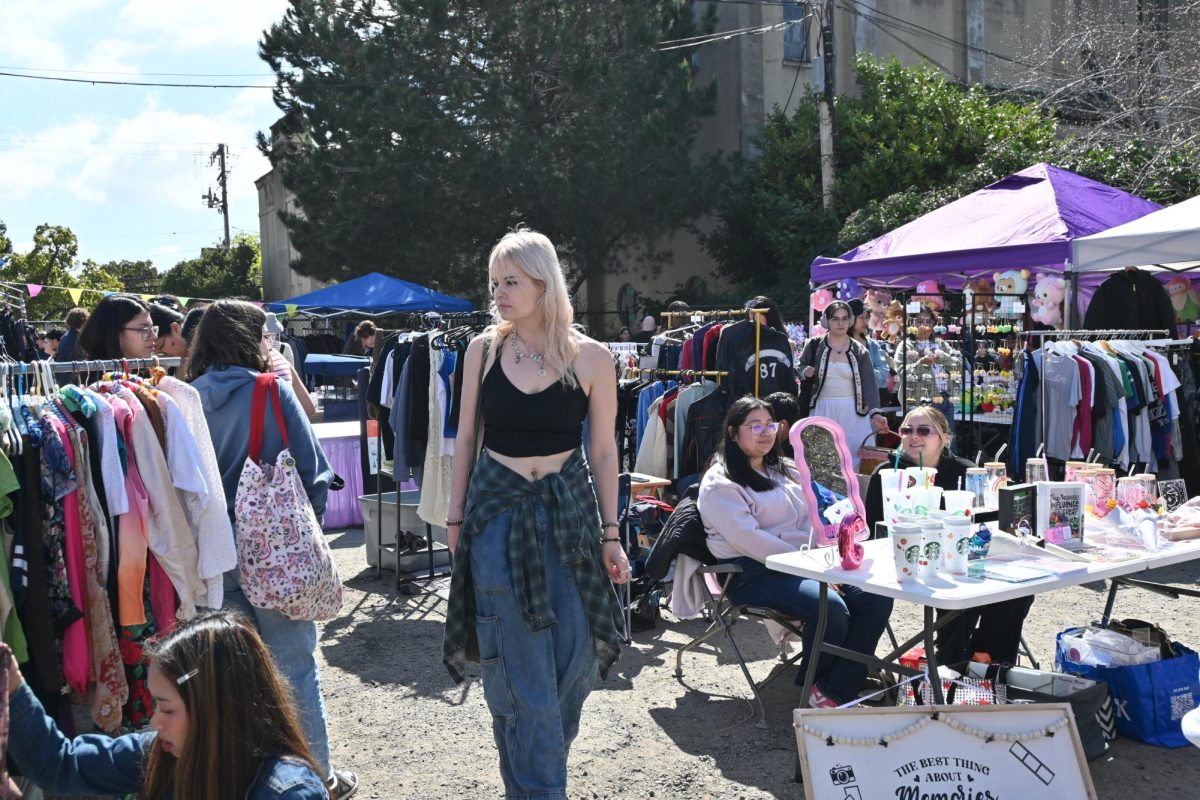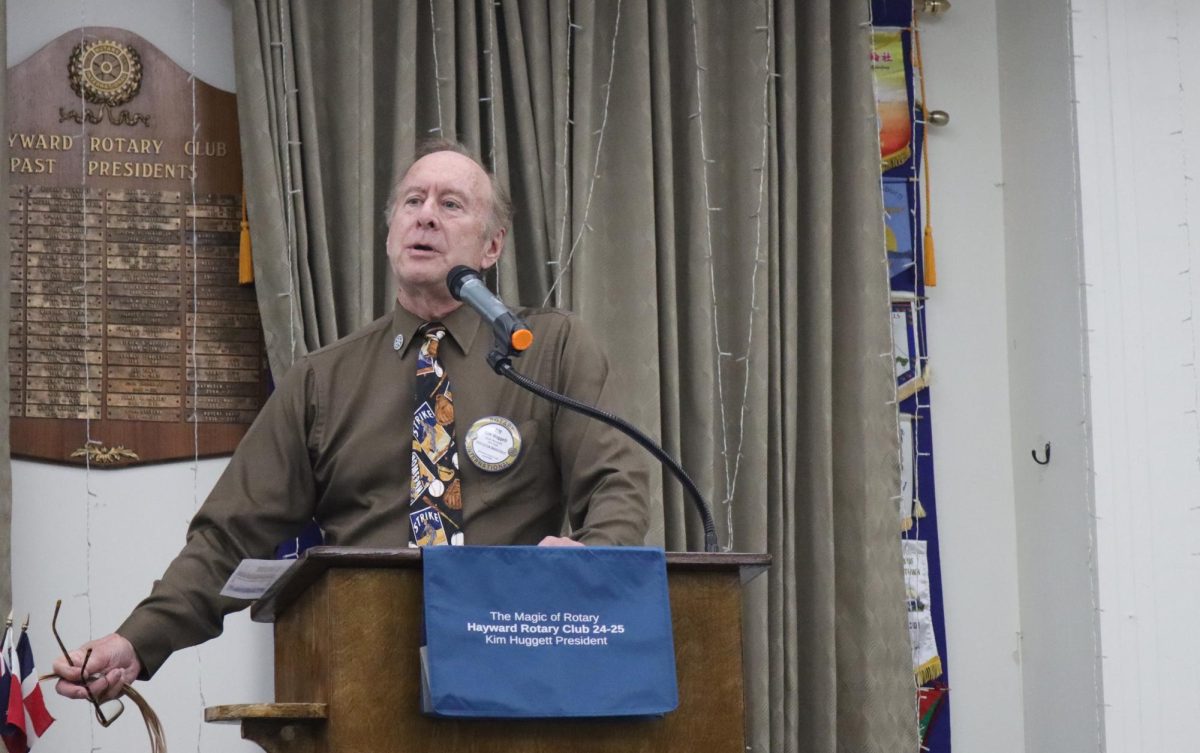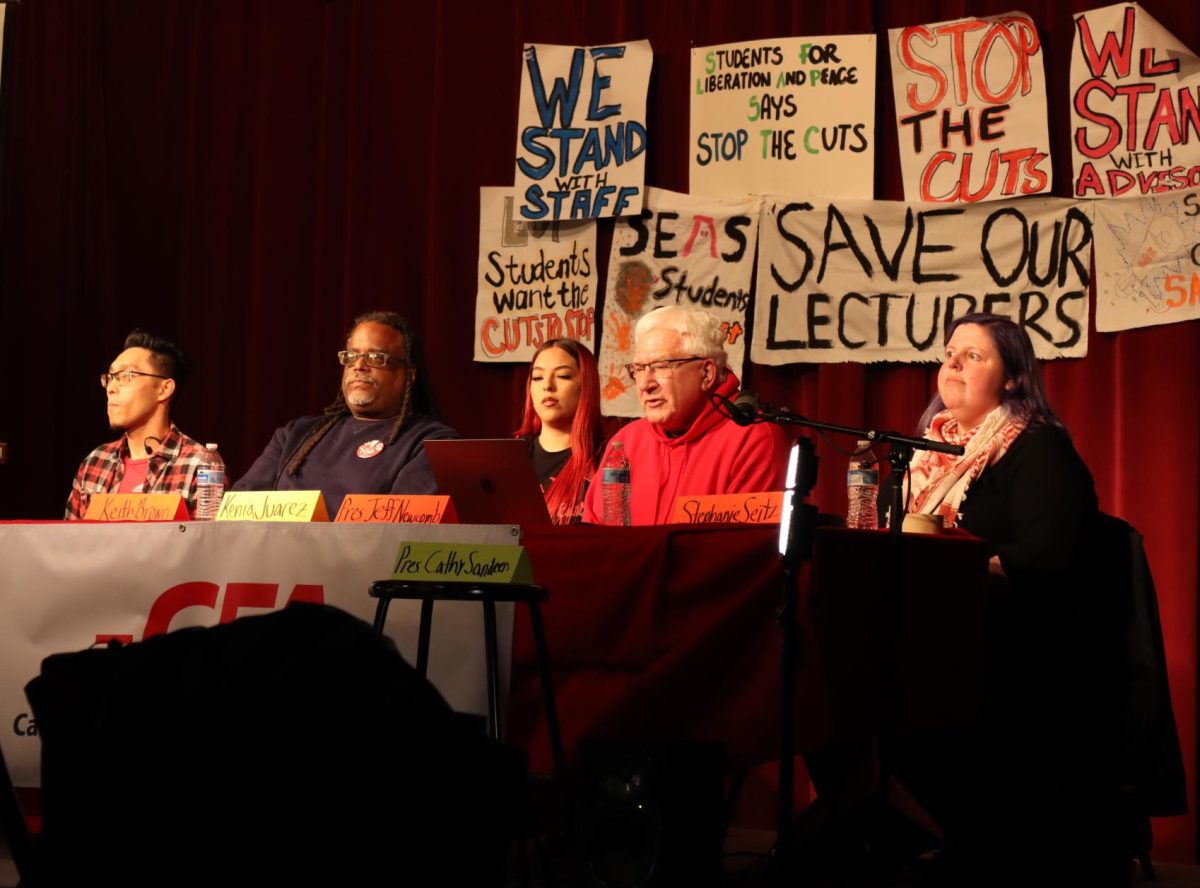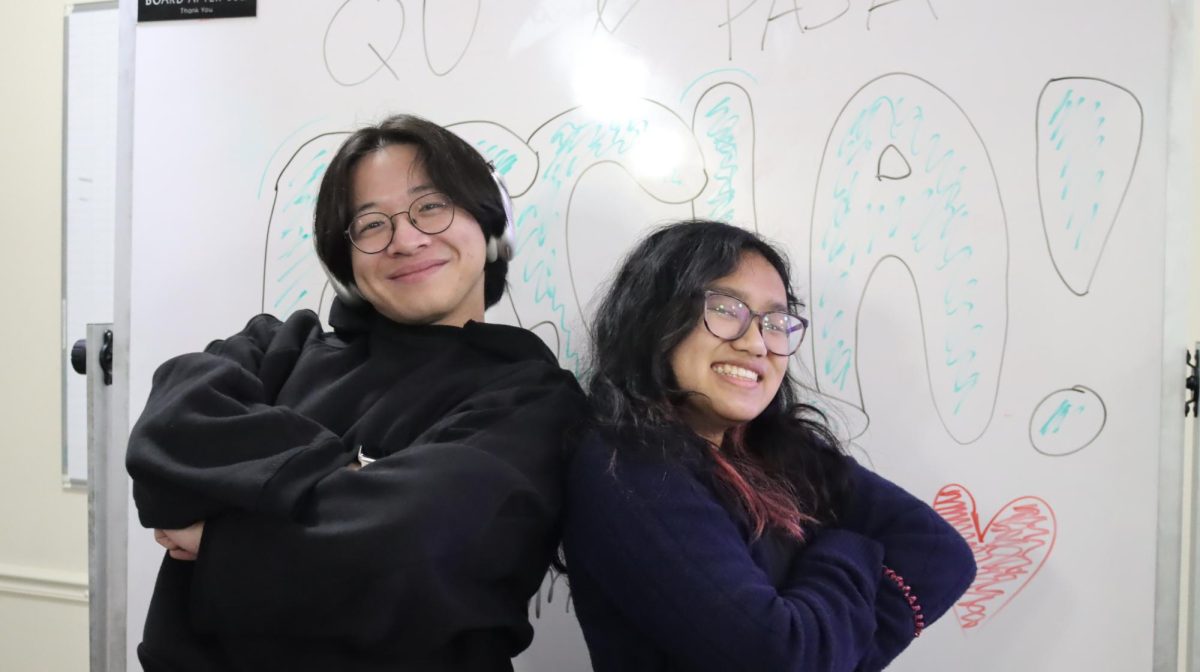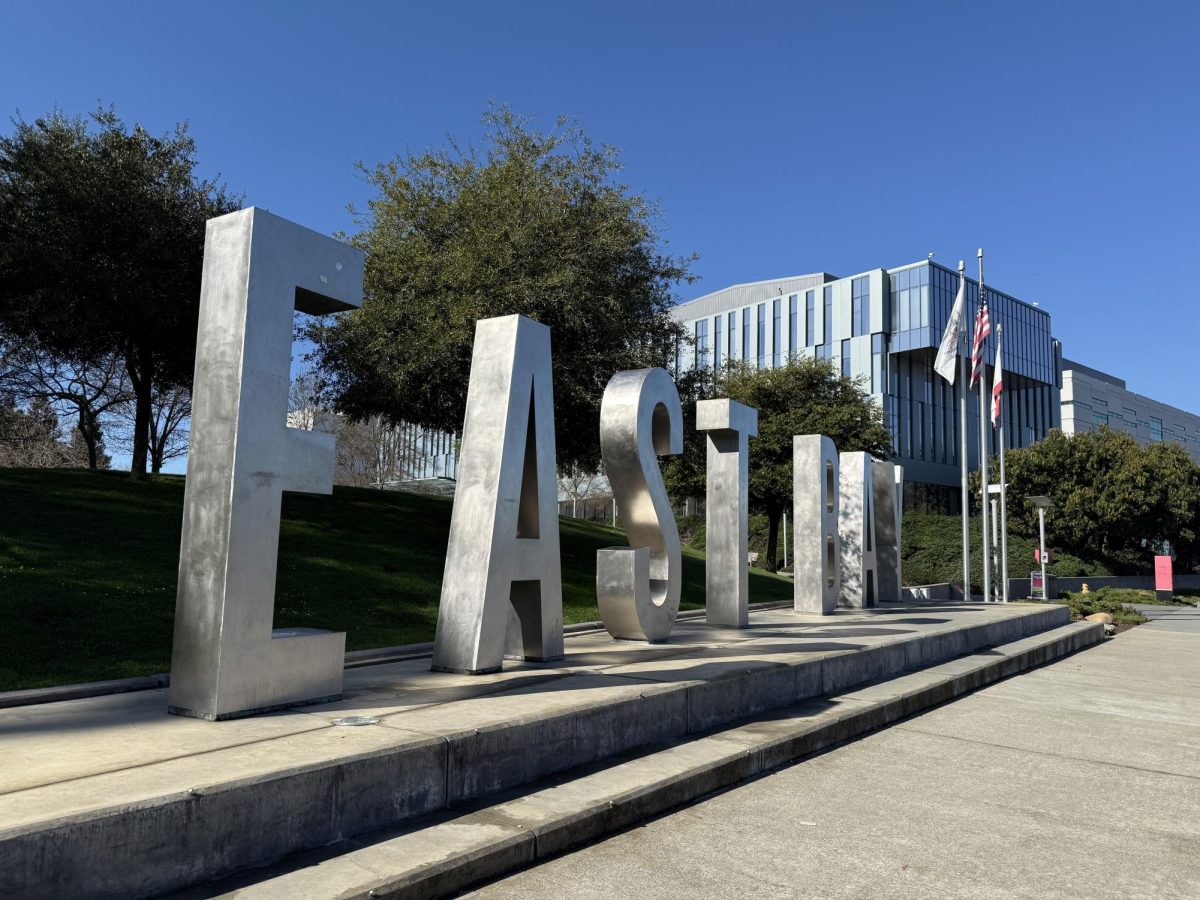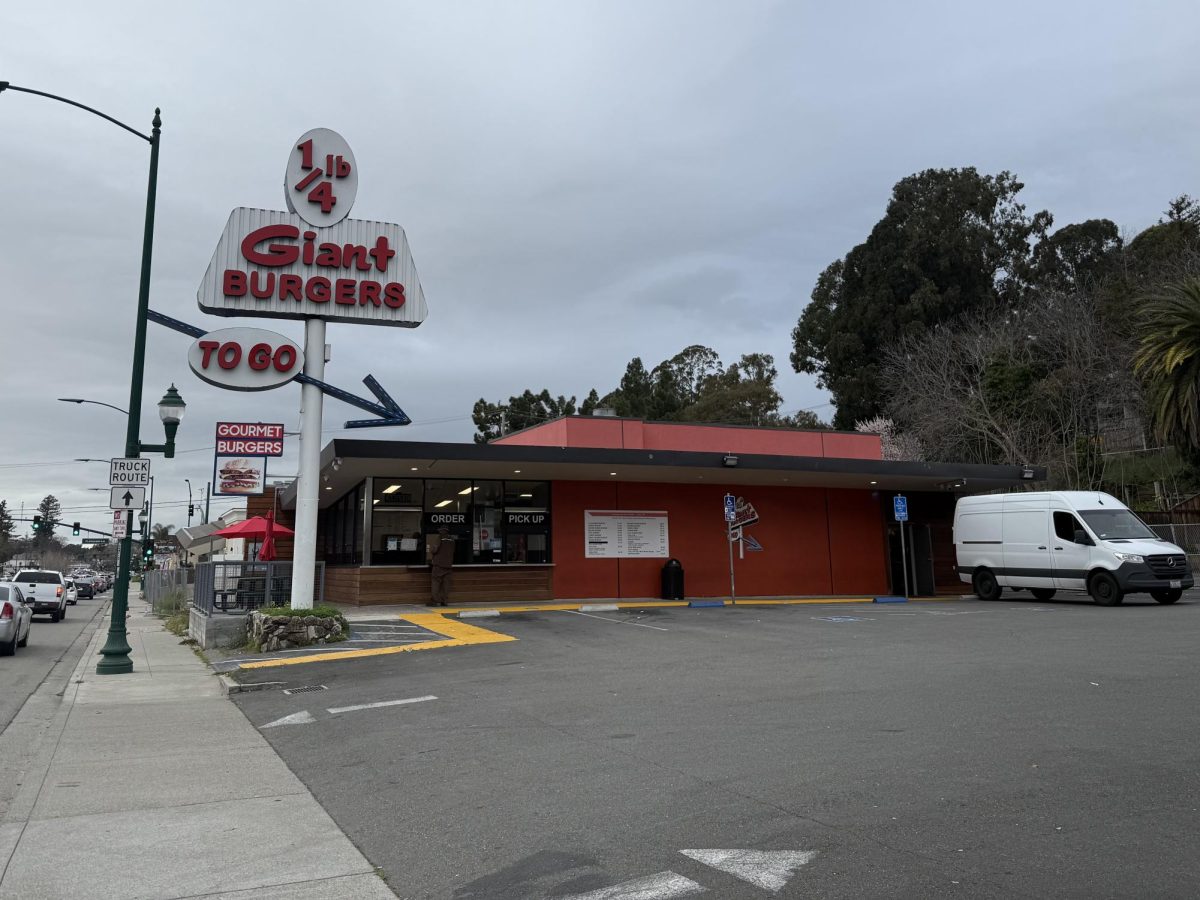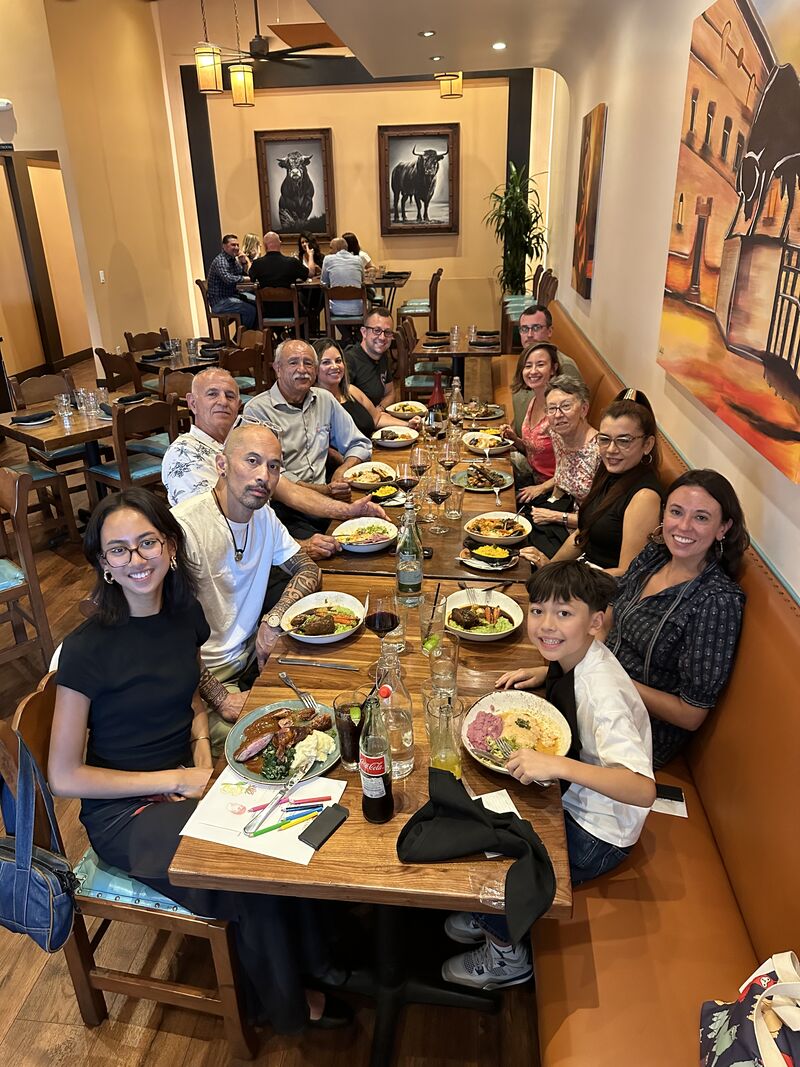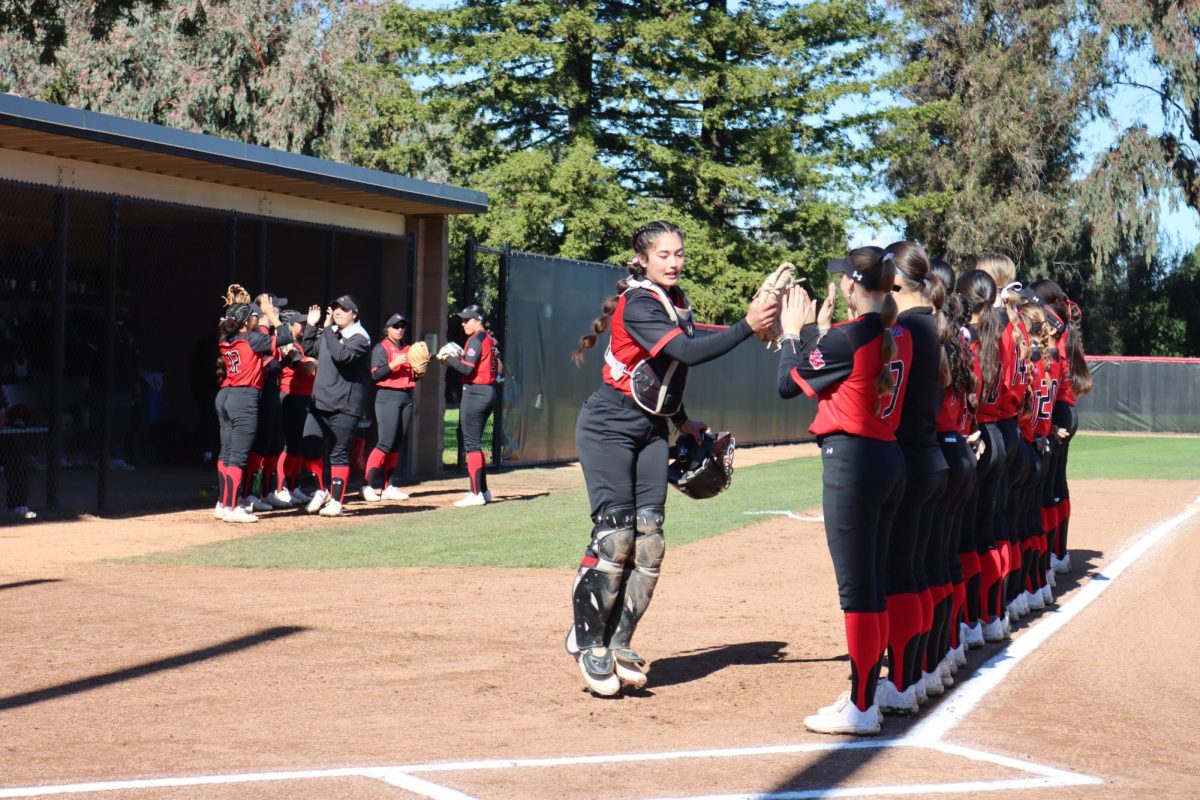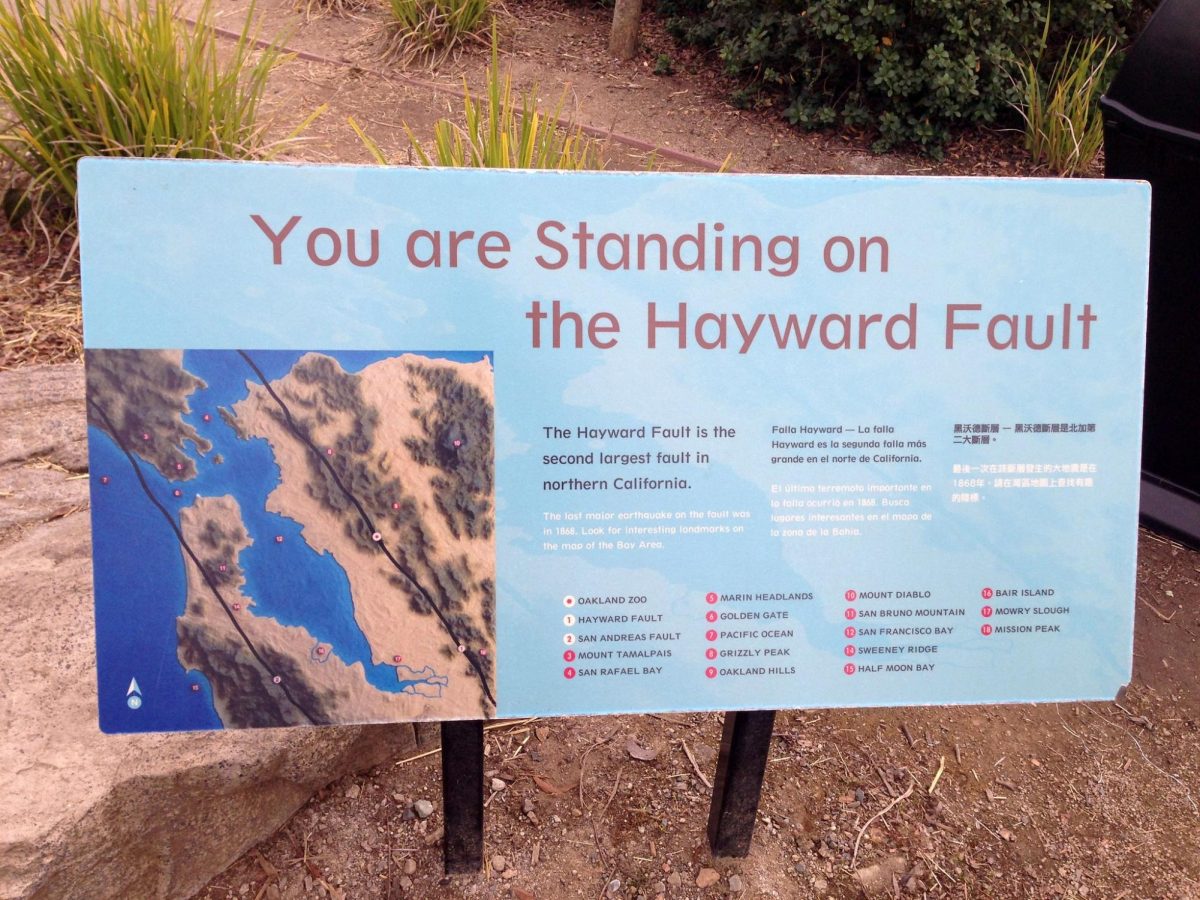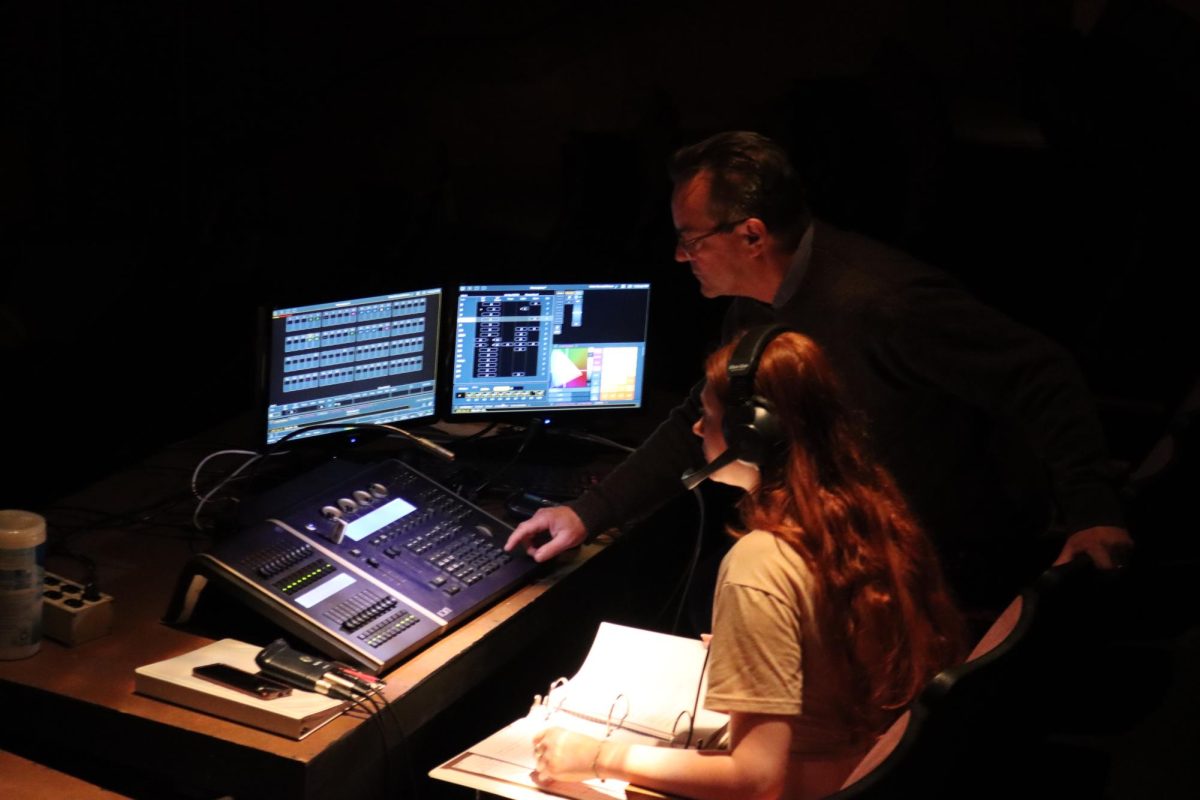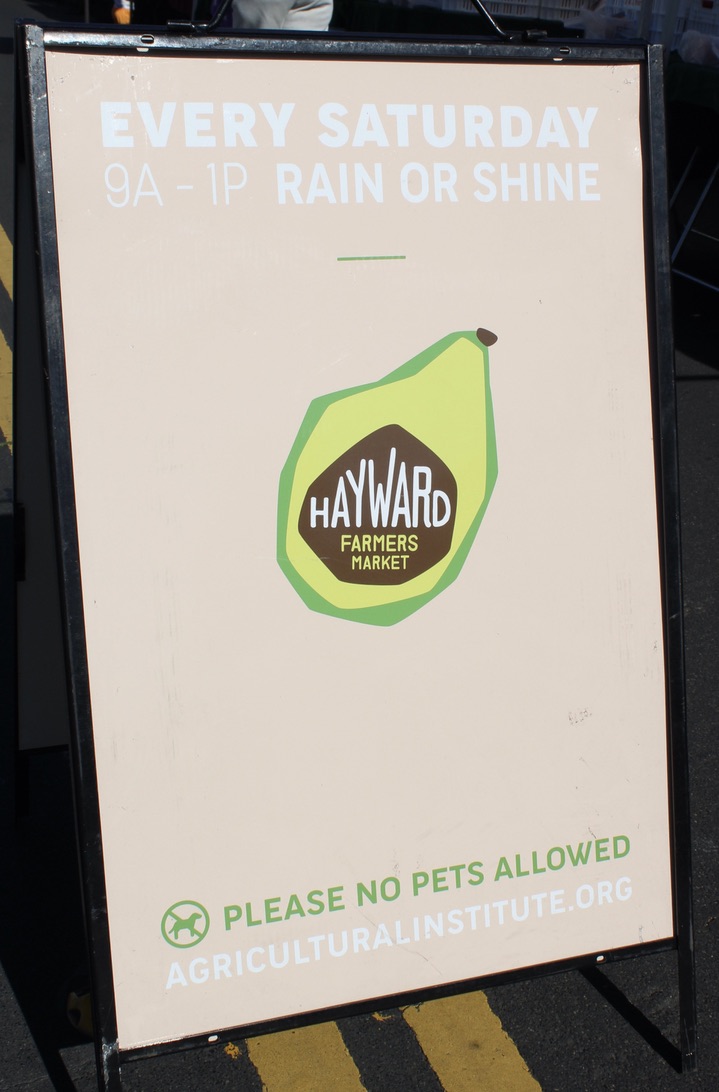Pursuing higher education is challenging for many California State University, East Bay students working to complete their bachelor’s degree. Total enrollment at CSUEB in fall 2024 across all academic groups was 12,323 students–a sharp decline from fall 2020 when enrollment stood at 16,252, a drop of nearly 4,000 students.
For a transfer student living off campus, the estimated cost of attendance is $24,218. This includes:
- Tuition and fees:$7,584
- Housing and food: $11,494
- Books and supplies: $1,030
- Transportation: $1,234
- Other education expenses: $2,876
If students pay so much for their attendance, why are we also paying so much for parking?
Parking permits at CSUEB are not cheap. A general parking permit costs $195 per semester and $100 per summer session per vehicle. Parking permits for motorcycles range between $50 in the summer and $97.50 per semester. Daily and hourly parking fees range from $10 per day to $2 per hour. The limited number of parking dispensers adds to students’ frustration, as long lines and slow processing times make it inconvenient for students already juggling classes and work.
Jacob Harris, a sophomore at CSUEB, has never purchased a parking pass due to its high upfront cost. “I’m on campus from Monday to Thursday, but I find it more convenient to pay daily,” Harris explains. He continued, “Sometimes I spend between $4 to $6 a day and occasionally pay the $10 for the full day pass. I wish parking passes were more affordable or that there was a way to make payments towards the cost.” Harris’s experience highlights many students’ financial strain in budgeting for parking on top of tuition and other essential expenses.
Students’ experiences with parking passes and daily parking permits vary from case to case, but they all agree that they are too expensive.
A third-year philosophy major, Oliver Davis, bought a parking pass last semester. “Yes, parking and attending class was more convenient, but I wish I could have kept that $195. It could have come in handy more than once. The lines at the dispensers are frustrating, and I wish they accepted Apple Pay. The process would be so much quicker.”
Oliver’s comments reveal a common sentiment among students–the need for more accessible and affordable parking options.
Despite the rising costs of tuition and parking, financial aid does not cover parking passes. This raises an important question:
Should financial aid be expanded to include such essential expenses, like parking?
Since students are already struggling to meet their basic needs, including transportation, it seems reasonable to advocate for more comprehensive financial support.
With tuition rising and student voices like those of Jacobs and Oliver highlighting the challenges they face, it becomes clear that addressing the cost of parking is necessary. Students deserve a fair chance at their education without the added stress of high parking fees.
Students are urging administrators to reconsider parking fees or simplify the payment process by accepting Apple Pay.


